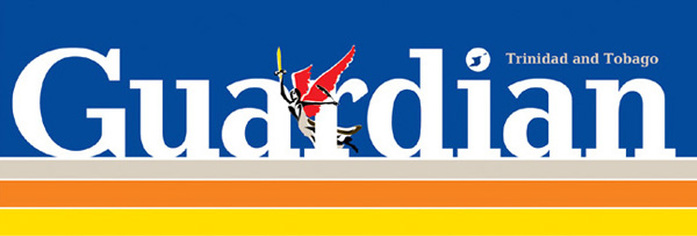One of the things anthropologists are trained to do is compare different societies and cultures. We call this “ethnology.” Some might think comparisons necessitate a sort of league table of better or worse societies, like the happiness and corruption indexes or GDP figures produce. Those sort of hierarchal measurements however tell us very little about changing sociocultural values and conventions.
A better form of cultural comparison eliminates hierarchy and tries to produce empathy. Empathy is the effort of imagining and trying to understand being stood in someone else’s shoes. It is a hallmark of good ethnological studies.
Anthropologists don’t just do ethnology of societies in the present; we also make these comparisons historically. For example, you can represent the ideas, values and culture behind measuring the success or failure of a government in the past, with the ideas, values and cultures of measuring success or failure in the present.
Someone closely associated with this line of social science was Michel Foucault. He believed that you could make connections between discourses in the present and discourses in the past – a sort of genealogy or archaeology of ideas.
Dr Hollis Liverpool likes to remind people that calypsonians were the original anthropologists of Trinidad and Tobago. One of the most famous Drs of this art, the Mighty Sparrow, wrote a calypso in 1967 about corruption in government and what the population thought about it.
He identified in lyrics a lot of elements the social scientist would call discourse - values, ideas and conventions. For example, to tell us about the sometime criminal behaviour of politics, he either used the following exact words or ones very similar: “fakes and phonies”, the victimisation of those who criticise, “corruption throughout the country”, who should be arrested is protected and respected, double-deals as idols, violations of the law, and a new economic slavery.
“Discourse” can be understood as the ideas, values, ideologies, language and general social information surrounding and supporting the production of a particular way of seeing the world. So there is a discourse around politics, a discourse of law, a discourse of education and so on.
These discourses structure what a society in all its different social spaces and at different times deems proper or improper. What can be said and what can’t. We are all socialised and educated by such discourses because we are born into them, they exist before we do, and they influence the possibilities of social change throughout our lives.
In colonial times the success and failure of government was measured by political discourse that adhered to the interests, values and worldview of the Metropolitan centre. Up until 1945 it was do as I say, not as I do, and do it for Mother Britain. We were run and told what to do by a small male cabal and elite. Not completely different to how some describe the situation today.
To move to Independence, the ideas, values and culture of our society, as well as the inter-national discourse about Colonialism had to shift. What was sayable and doable in the Colonies needed reframing. The opportunity for Independence movements was impossible until little by little a discourse of Creole nationalism emerged out of the discourse of Colonialism.
In the post independence period things were meant to be different and they were to a degree. As Eric Williams mentioned, the “division of the races…separation and fragmentation were the policy of colonialism.” And maybe we might suggest that for Williams, measuring success would include moving away from such racial division.
Yet while race hierarchy as a discourse started to be dismantled, it never really vanished. Rather it morphed to divisions of class, infused with race, and ethnic hierarchy. And of course in the Caribbean whether its local or international politics we know the legacies of racial hierarchy were never totally removed.
The separation and fragmentation of colonialism became our tribal politics. While instead of empathy for slavery, colonialism and Independence our small island nations got UN, IMF and World Bank rankings.
So in answer to Mr Fabien’s observation we might suggest he’s noticed not just the absence of measurement but also a failure of political and social systems to change greatly. They might look different from the outside but a genealogy of ideas betrays the changes. Yes things change, but as the saying goes, the more they stay the same.
http://guardian.co.tt/columnist/2013-11-10/more-things-change

 RSS Feed
RSS Feed